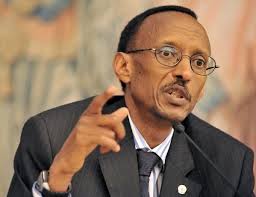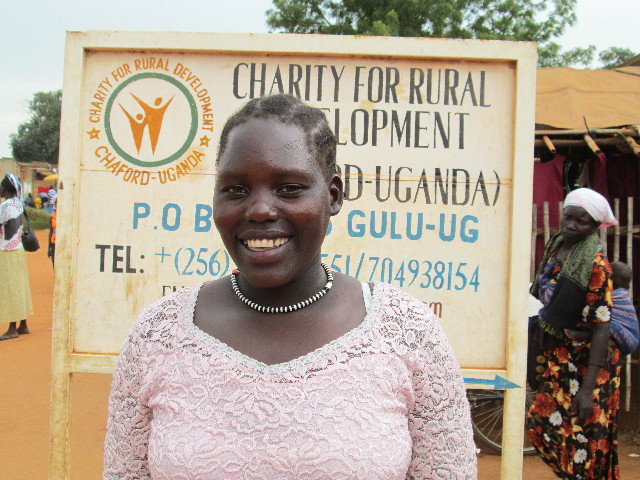
Kagame’s third term bid and the African Union’s silence
By Sylvester Uhaa, former Human Rights Advocate at the Institute for the Study of Human Rights, at Columbia University
____________________________________________
I read with concern a report regarding a referendum to amend Article 101 of the Rwandan Constitution to allow President Paul Kagame another seven year term. A few days ago, the Rwandan Senate voted to allow him a third term.
Kagame ascended to power in 2003 and was re-elected in 2010. By 2017, he will have spent 14 years in power as President. With the referendum likely to be in his favour, his victory at the polls will allow him to be president for 21 years.
It was with great discomfort that I first heard about this on CCTV News last April, at the peak of the political turmoil in Burundi, following President Pierre Nkurunziza’s similar moves for a third term. Nkurunziza succeeded, but not without the bloodshed of thousands of people, with thousands more continuing flee the country for safety. As the crises heightened, the...

